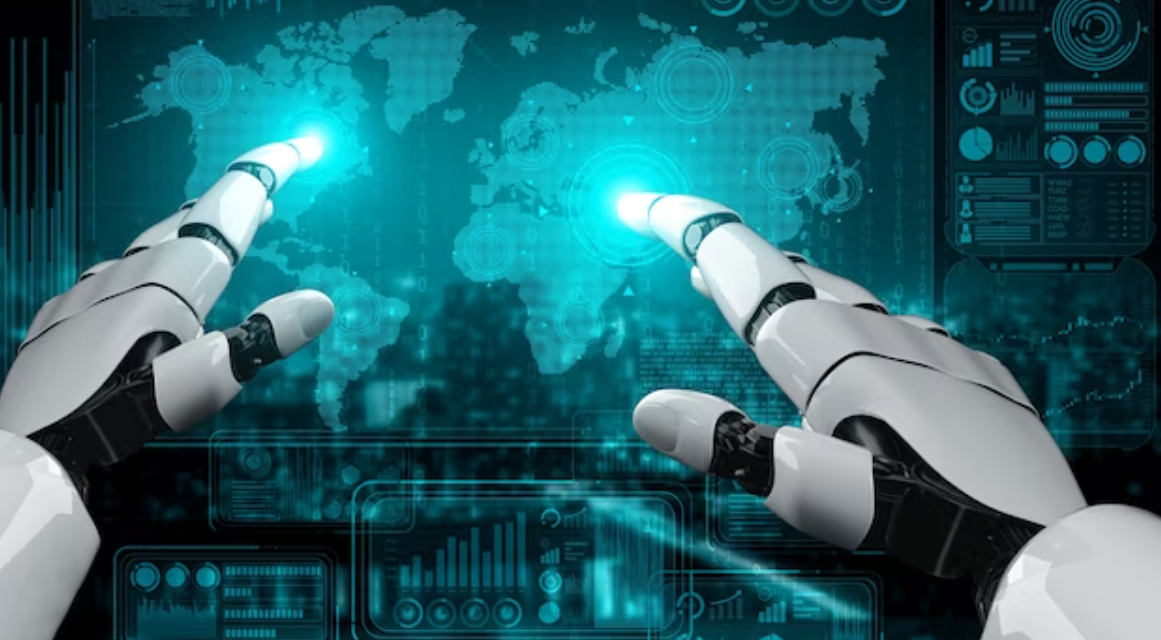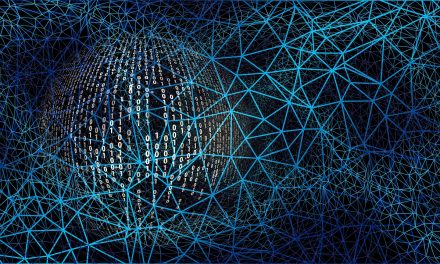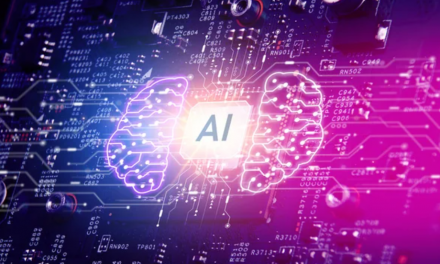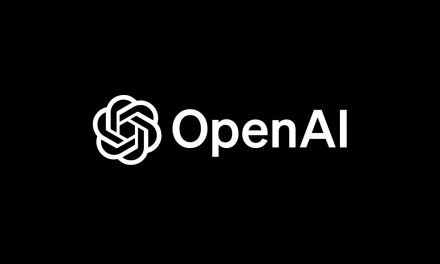The rapidly advancing domain of generative AI as well as AI copyright issues, exemplified by systems like OpenAI’s ChatGPT, is currently navigating a turbulent legal landscape. Key among these challenges is the contentious issue of copyright infringement. However, the integration of blockchain technology, as suggested by Grayscale CEO Michael Sonnenshein, might offer a groundbreaking solution.
The Dilemma: AI and Copyright Infringement
Generative AI, despite its technological prowess, faces significant legal hurdles. A notable case is the lawsuit filed in December 2023 by The New York Times against OpenAI and Microsoft, alleging the unauthorized use of over a million articles for training purposes. This landmark lawsuit underscores the growing legal scrutiny AI companies face, with similar issues raised by other media and creative entities.
OpenAI, while acknowledging the necessity of copyrighted material for training robust language models, faces a dilemma. The company argues that the breadth of copyright, encompassing diverse forms of human expression, makes it near-impossible to develop effective AI models without utilizing such content. This situation has pitted generative AI developers against media rights holders in an increasingly complex legal standoff.
Blockchain: A Viable Solution?
Grayscale CEO Michael Sonnenshein’s perspective brings blockchain into the spotlight as a potential resolver of these copyright issues. Blockchain’s ability to track and authenticate the use of copyrighted material offers a promising avenue. It could enable a system where copyright owners are fairly compensated when their work is utilized by AI technologies.
Blockchain, primarily known for underpinning cryptocurrencies, serves as a decentralized ledger that guarantees transparency and security against data manipulation. Its applications have already transcended finance, proving beneficial in sectors like healthcare and agriculture. In the context of AI, blockchain can provide much-needed clarity on ownership and authenticity, especially in cases where AI generates new content like images or text.
The Future of AI and Blockchain
The intersection of blockchain technology with generative AI presents an intriguing possibility. By potentially tying AI outputs to the blockchain, or embedding them into tokens, we can enhance security, traceability, and trust. This approach could streamline the resolution of copyright disputes, fostering a more harmonious relationship between AI developers, content creators, and copyright owners.
The evolution of this relationship between blockchain and generative AI remains to be seen. It could herald a new era of cooperation and mutual benefit across these technological frontiers, ultimately enriching the landscape of digital content creation and distribution.
In essence, blockchain technology may not only provide a practical solution to AI’s copyright predicaments but also pave the way for a more integrated, secure, and equitable digital content ecosystem.





